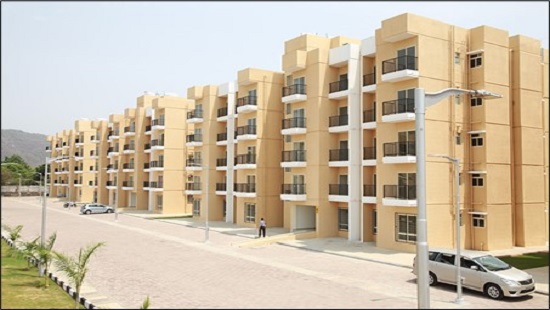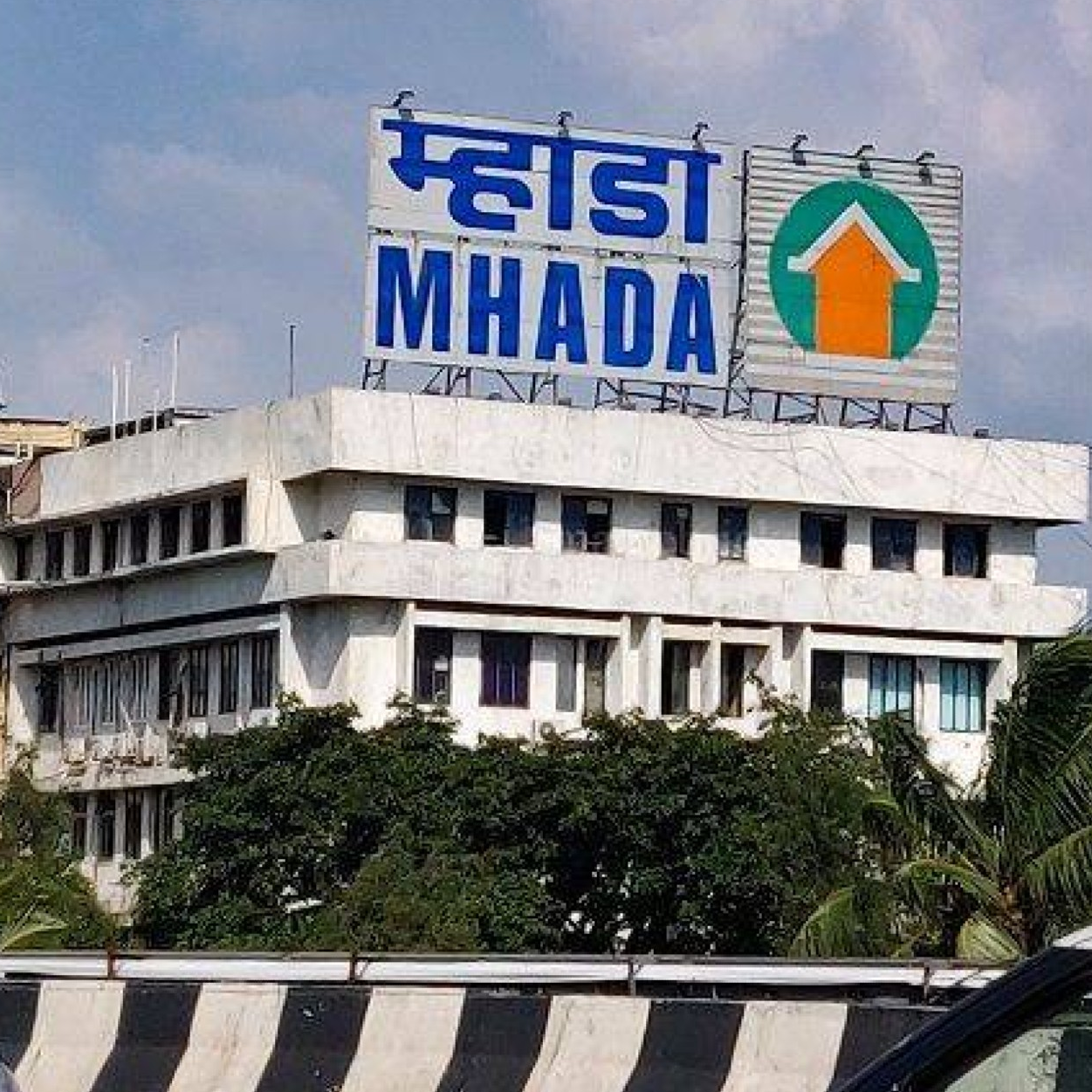
Worli BDD Chawl Redevelopment: A New Beginning for 556 Families
14th August 2025 marks a significant moment in Mumbai’s history of urban renewal. Today, Chief Minister Devendra Fadnavis, along with Deputy Chief Ministers Eknath Shinde and Ajit Pawar, will hand over the keys to 556 newly constructed flats in the first phase of the Worli BDD Chawls Redevelopment Project. This monumental event is more than just a housing handover—it's a symbol of hope, progress, and inclusive development for the thousands of families who have long awaited better living conditions. This redevelopment project is a prime example of how thoughtful planning and effective governance can transform lives and shape the future of a city.
The Worli BDD Chawls, originally built in the 1920s, have been home to Mumbai’s working-class families for decades. However, as time passed, these single-room tenements became increasingly dilapidated, creating unsafe living conditions for their residents. The first phase of the redevelopment—today's handover of 556 flats—is the first step in a larger mission to rehabilitate over 15,000 families across Worli, Parel, and Naigaon.
A Legacy Reimagined: Transforming Mumbai’s Oldest Chawls
The BDD Chawls, originally built in the 1920s, have long been home to Mumbai's working-class families. These single-room tenements, spanning approximately 150 sq. ft., were originally designed to accommodate the city's mill workers and port employees. However, over time, the structures deteriorated, leading to safety concerns and inadequate living conditions.
Recognizing the urgent need for change, the Maharashtra government launched the BDD Chawl Redevelopment Project, aimed at providing modern, spacious homes for the residents. This ambitious project is more than just about building houses; it’s about upgrading lives, fostering a sense of dignity, and ensuring safe living conditions for thousands of Mumbai’s most vulnerable citizens.
Modern Homes with Contemporary Amenities
The first phase of the redevelopment focuses on relocating 556 families who lived in cramped, unsafe chawls to 500 sq. ft. 2BHK flats. These homes are equipped with contemporary amenities, including fire safety systems, passenger lifts, dedicated parking spaces, green gardens, and sustainable infrastructure. These flats offer not just more space, but also the comfort and security that the old chawls could never provide.
The redevelopment goes beyond offering physical shelter; it ensures that families are provided with the facilities needed to lead dignified, empowered lives. The buildings are designed to meet sustainability goals, including rainwater harvesting and solar energy systems.
Comprehensive Urban Planning
Beyond providing housing, the redevelopment project encompasses the development of commercial complexes, schools, hospitals, community centres, and recreational facilities. The aim is to create self-sustained communities where residents have access to all essential services within their vicinity. The inclusion of green spaces and sustainable infrastructure further underscores the project's commitment to environmental stewardship.
Preserving Heritage While Embracing Modernity
While the redevelopment embraces modern design, it also preserves the rich heritage of the BDD Chawls. Historical sites like Jambori Maidan and Ambedkar Maidan will be preserved, and a museum will be established to honour the legacy of these iconic chawls. This commitment to preserving cultural heritage while building for the future is what makes this project a model of thoughtful urban planning.
Leadership Behind the Vision: IAS Sanjeev Jaiswal
At the helm of this ambitious project is IAS Sanjeev Jaiswal, whose visionary leadership has been instrumental in bringing this complex project to fruition. His focus on efficiency, transparency, and community welfare has ensured that the redevelopment is not just a promise, but a reality. Under his guidance, MHADA has streamlined the redevelopment process, ensuring that it progresses at a steady pace, while meeting the needs of the residents.
Redevelopment Phases: A Clear Path to Modern Homes
The Worli BDD Chawl redevelopment project will be carried out in multiple phases. The first phase of 556 flats is set to be handed over today, on August 14, 2025, with subsequent phases set to complete by December 2025. Below is a clear breakdown of the redevelopment phases:
|
Phase |
Flats Handed Over |
Location |
Flat Size |
Amenities |
Completion Date |
|
Phase 1 (Worli) |
556 |
Worli |
500 sq. ft. |
Fire safety systems, lifts, parking, gardens, sustainable infrastructure |
August 14, 2025 |
|
Phase 2 (Naigaon, Parel) |
3,989 |
Naigaon, Parel |
500 sq. ft. |
Similar to Phase 1 with additional facilities |
December 2025 |
Looking Ahead
The first phase marks the beginning of a long-term redevelopment process. By December 2025, more than 3,989 flats in Worli, Naigaon, and Parel will be ready for occupancy. The phased approach ensures that the rehabilitation of residents is done in a smooth, organized manner, allowing families to transition into their new homes without disruption.
As the project continues, the remaining phases will address additional housing needs and provide long-term solutions for the city’s growing population. The Worli BDD Chawls redevelopment is not just a housing project; it is a testament to the power of strategic urban renewal.
Conclusion: A Model for Urban Transformation
The Worli BDD Chawl Redevelopment Project is a landmark initiative that exemplifies the potential for transformational change in urban housing. By providing modern homes, preserving cultural heritage, and building self-sustained communities, this project has the power to reshape the lives of its residents and serve as a model for future urban redevelopment efforts.
This redevelopment is more than just about providing new flats—it’s about giving residents dignity, security, and the opportunity to live better lives. With the leadership of IAS Sanjeev Jaiswal and the ongoing efforts of MHADA, Mumbai is well on its way to creating a future where affordable housing is no longer a privilege, but a right for all.



